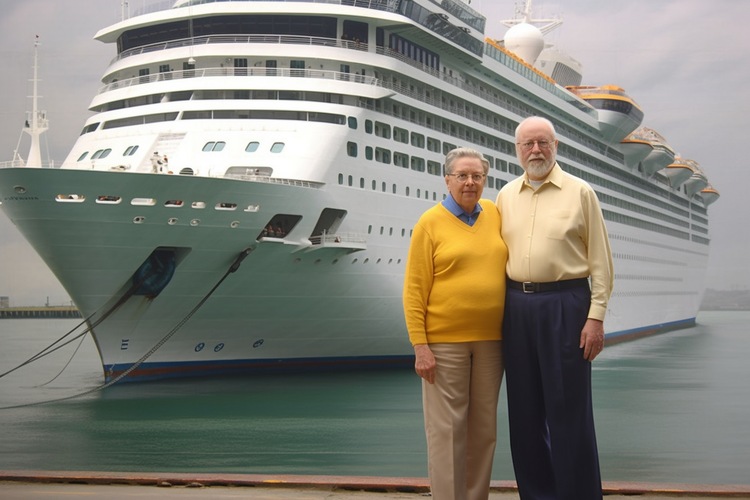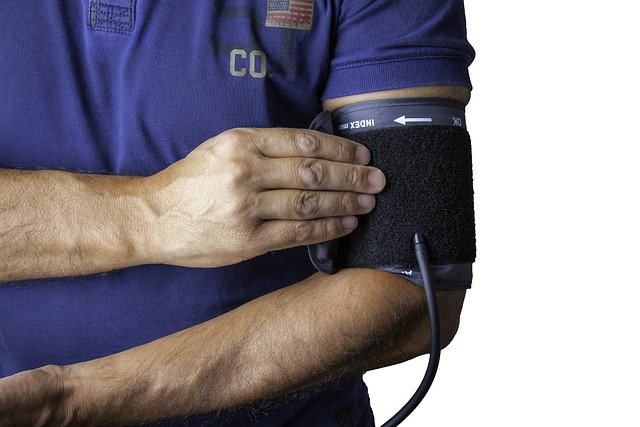How to Find and Prepare for Cruise Ship Jobs
Working on a cruise ship can combine work with extended travel and time at sea, offering a distinctive career path for those who enjoy service, hospitality, technical roles, or entertainment. This article explains common cruise ship roles, the practical realities of ship life, required skills and certifications, how travel is part of the job, and practical steps to find and apply for positions without implying any current openings.

What kinds of roles exist on a cruise ship?
Cruise ship roles cover many functions: hospitality (housekeeping, food and beverage), guest services, entertainment (performers, activity coordinators), technical and engineering, navigation and bridge teams, medical staff, and retail or shore-excursion staff. Each role has different day-to-day tasks and reporting structures. Entry-level roles often include housekeeping, kitchen support, or retail, while specialized or licensed fields—like navigation officers, engineers, or medical personnel—require formal qualifications and documented sea service. Understanding the categories helps you target applications and training that match your background and career goals.
How does ship life affect work routines on a ship?
Life on a ship combines long shifts, close quarters, and a multicultural workplace. Schedules vary by department: guest-facing roles may have extended service hours during meals and events; behind-the-scenes teams often work early mornings or late nights to prepare for guests. Contracts typically last several months, followed by leave ashore. Living in shared cabins and adapting to regular safety drills and maritime rules are part of the routine. Cultural sensitivity, clear communication, and the ability to manage personal time in communal spaces are important for maintaining well-being and professional performance at sea.
What sea-based certifications and skills are common?
Required certifications depend on role and flag state. Basic certifications for many jobs include STCW (Standards of Training, Certification and Watchkeeping) basic safety training, which covers fire safety, personal survival techniques, and first aid. Health checks, passport and visa readiness for multi-country itineraries, and proof of relevant professional qualifications (culinary diplomas, hospitality certificates, medical licenses, or maritime degrees) are often necessary. Soft skills—language ability, conflict resolution, and customer service—are equally important. Check job descriptions and recruitment pages for precise credential lists and any employer-specific training programs.
How does travel factor into a cruise job career?
Travel is inherent to cruise work: itineraries can span coastal regions, international ports, and multi-day sea passages. This exposes crew to different cultures and time zones while requiring flexibility for sudden itinerary changes due to weather or operational needs. Shore leave policies, port schedules, and immigration procedures influence how much time you actually spend exploring destinations. For many, the travel element is a major draw, but it also requires planning for communication with family, managing expenses while ashore, and ensuring you meet all travel document and vaccine requirements relevant for visits to specific countries.
How to apply and where to look for a job?
Start by preparing a clear résumé tailored to maritime and hospitality contexts, emphasizing certifications, language skills, and relevant experience. Use official corporate recruitment pages, reputable maritime staffing agencies, and recognized crewing offices rather than informal listings. Attend industry job fairs, connect with maritime academies or vocational programs in your area, and use professional networks such as LinkedIn to reach recruiters. When applying, read contracts and role descriptions carefully to understand contract length, accommodation arrangements, benefits, and expected duties. Verify the employer’s legitimacy by checking company history and reviews from former crew members.
| Provider Name | Services Offered | Key Features/Benefits |
|---|---|---|
| Carnival Cruise Line | Passenger cruising, hospitality, entertainment | Large global fleet, formal recruitment and training programs, multilingual onboard teams |
| Royal Caribbean International | Passenger cruising, onboard entertainment, technical operations | Diverse itineraries, in-house training academies, structured career progression |
| Norwegian Cruise Line (NCL) | Passenger cruising, F&B, entertainment, shore excursions | Freestyle dining options, varied roles across hospitality and entertainment, international crew |
| MSC Cruises | Passenger cruising, hospitality, technical & deck roles | Mediterranean and global itineraries, emphasis on multicultural crews and training |
| Princess Cruises | Passenger cruising, hospitality, culinary, technical services | Long-established brand, formal crewing offices, training initiatives for selected positions |
Prices, rates, or cost estimates mentioned in this article are based on the latest available information but may change over time. Independent research is advised before making financial decisions.
Conclusion
A cruise ship job can offer a unique combination of hands-on work, extended travel, and multicultural experience, but it also demands specific certifications, adaptability to ship life, and careful review of contract terms. Focus on clear documentation, verified recruitment channels, and realistic expectations about schedules and shore time. By matching your skills to appropriate roles, preparing required certifications, and using reputable providers or crewing offices, you can approach applications with better clarity and professional readiness.






